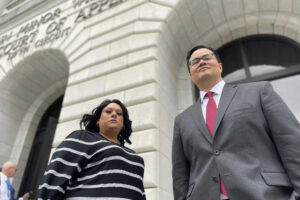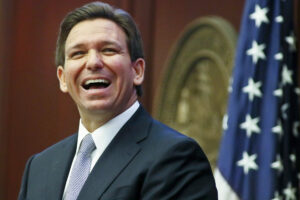U.N. Conference Produces No Internet Treaty
The failure to concur on a global Internet treaty at the end of a two-week summit Friday “seems to safeguard the role of the Internet as an unregulated, international service free of direct interference by national governments,” The Guardian reports.
The failure to concur on a global Internet treaty at the end of a two-week summit Friday “seems to safeguard the role of the Internet as an unregulated, international service … free of direct interference by national governments,” The Guardian reports.
A bloc of nations led by the United States said it was “not able to sign the agreement in its current form.” The proposals would have given individual governments greater authority to control telephone calls and data traffic; in other words, to censor expression. American and European officials indicated they want private companies to shape Internet standards.
The inability to reach global agreement about Internet regulation could mean differences in the way individual countries govern the Internet. “Maybe in the future we could come to a fragmented Internet,” Andrey Mukhanov of Russia’s Ministry of Telecom and Mass Communications told Reuters. “That would be negative for all, and I hope our American and European colleagues come to a constructive position.”
A pact would have updated the current governing treaty, which was implemented in 1988.
— Posted by Alexander Reed Kelly.
Your support matters…The Guardian:
The ITU is a UN organisation responsible for coordinating telecoms use around the world. The conference was meant to update international treaties which have not evolved since 1988, before the introduction of the internet.
But the conference has been the source of huge controversy because the ITU has been accused of seeking to take control of the internet, and negotiating behind closed doors. Google has mounted a vociferous campaign against conference proposals that would have meant that content providers could be charged for sending data and which would have given national governments more control of how the internet works. Instead, lobbyists have said the treaties should simply not mention the internet at all because it is a service that runs atop telecoms systems.
Independent journalism is under threat and overshadowed by heavily funded mainstream media.
You can help level the playing field. Become a member.
Your tax-deductible contribution keeps us digging beneath the headlines to give you thought-provoking, investigative reporting and analysis that unearths what's really happening- without compromise.
Give today to support our courageous, independent journalists.






You need to be a supporter to comment.
There are currently no responses to this article.
Be the first to respond.